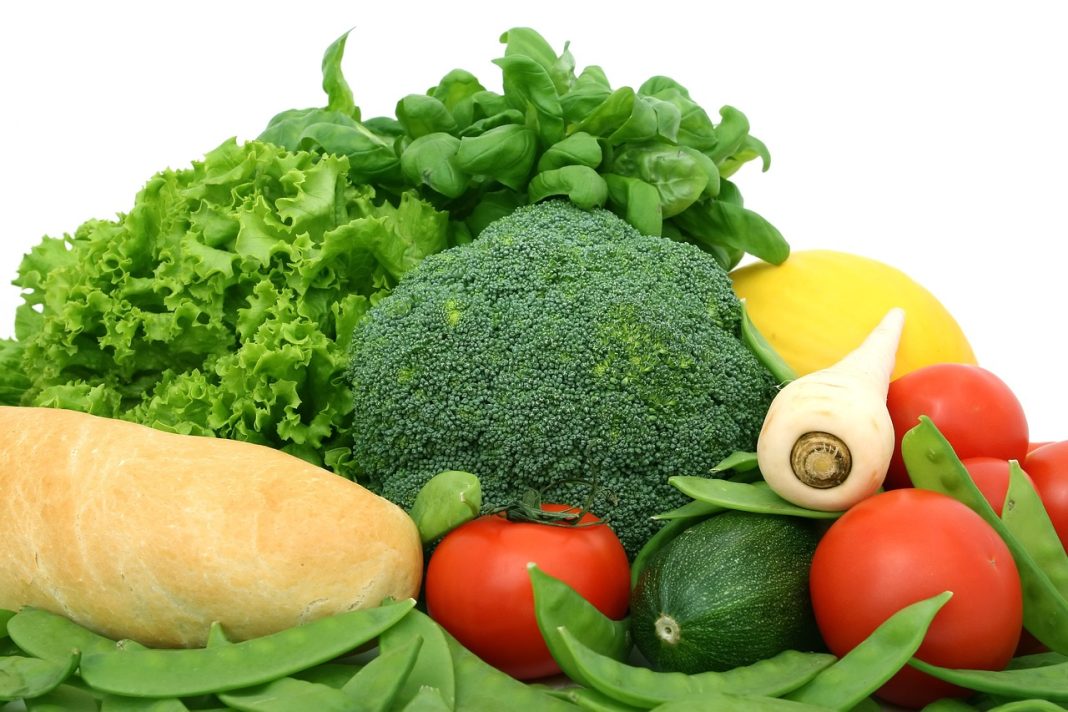Most Americans are lacking a vital nutritional component: fiber.
Despite its pivotal role in gut, heart, and metabolic health, the average adult is far from meeting the daily fiber recommendations—25 grams for women and 35 grams for men.
The question is, can vegetables, often relegated to the sides of our plates, take the lead in closing this fiber gap?
“Fiber is not just a one-hit-wonder. It’s a nutritional symphony that plays different roles, from helping us feel full to fostering a healthy gut microbiome,” says Dr. Jessica Smith, a nutritionist and member of ZOE, the organization running the world’s largest nutrition science study.
Diverse Choices for Diverse Benefits
From carrots to legumes, a variety of vegetables offer an abundance of both soluble and insoluble fiber. Soluble fiber aids in blood sugar and cholesterol control while making you feel satiated.
Insoluble fiber, on the other hand, keeps your digestive system in check and your bowel movements regular.
What’s more intriguing is that fiber also serves as a dietary catalyst for your gut’s microbiome. “Imagine your gut as a complex ecosystem. Different types of beneficial bacteria have distinct fiber preferences, akin to humans having favorite foods. By offering a fiber-rich menu, we invite a healthier, more diverse bacterial community,” Dr. Smith adds.
The Fiber-Rich Dozen
- Carrots (3.08g fiber per cup)
- Broccoli (5.14g fiber per cup)
- Beetroot (2g fiber per two beets)
- Cauliflower (2.86g fiber per cup)
- Bitter gourd (2.48g fiber per cup)
- Eggplant (2.48g fiber per cup)
- Collard greens (7.6g fiber per cup)
- Swiss chard (3.68g fiber per cup)
- Artichokes (9.58g fiber per cup)
- Potatoes (3.63g fiber per medium potato with skin)
- Brussels sprouts (4.06g fiber per cup)
- Legumes (15.6g per cup for lentils, 16.2g per cup for chickpeas)
Incorporating Fiber, The Right Way
Nutrition experts recommend incorporating fiber gradually into your diet. “Don’t jump from zero to thirty-five grams overnight. Your gut needs time to adjust. Also, stay hydrated to avoid constipation,” advises Dr. Smith.
The Importance of Real Food
While fiber supplements exist, they usually provide only one type of fiber and lack the other essential nutrients found in whole foods.
“There’s no magic pill for health. The complex nutritional profile of whole vegetables can’t be replicated in a pill,” says Dr. Smith.
ZOE’s ongoing research continually underscores the virtues of a fiber-rich diet.
Its at-home test kits even allow you to delve into your individual gut health, identifying specific bacteria associated with better or poorer health outcomes.
“In a way, we’re still unlocking the full potential of fiber’s benefits, but the initial signs are promising. Consider fiber as your dietary unsung hero, a quiet achiever with a powerful punch,” concludes Dr. Smith.
The message is clear: for a healthier, more balanced life, perhaps it’s time to let vegetables take center stage on your plate.







